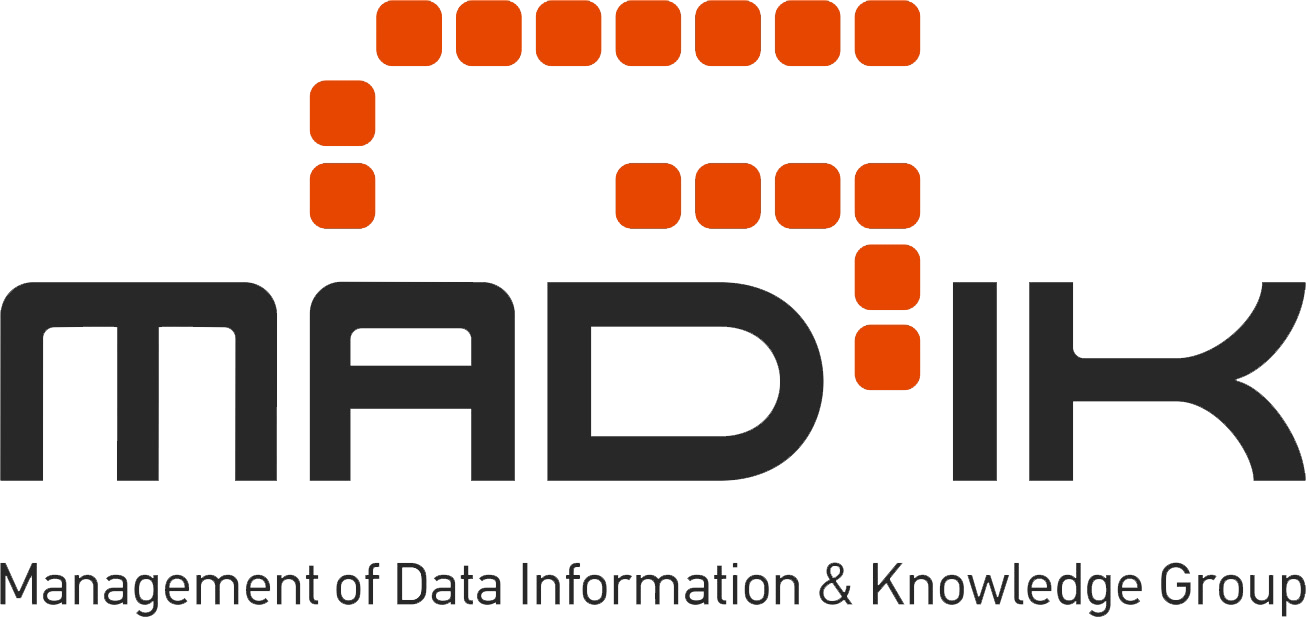Schedule Optimization for Data Processing Flows on the Cloud
Scheduling data processing workflows (dataflows) on the cloud is a very complex and challenging task. It is essentially an optimization problem, very similar to query optimization, that is characteristically different from traditional problems in two aspects: Its space of alternative schedules is very rich, due to various optimization opportunities that cloud computing offers; its optimization criterion is at least two-dimensional, with monetary cost of using the cloud being at least as important as query completion time. In this paper, we study scheduling of dataflows that involve arbitrary data processing operators in the context of three different problems: 1) minimize completion time given a fixed budget, 2) minimize monetary cost given a deadline, and 3) find trade-offs between completion time and monetary cost without any a-priori constraints. We formulate these problems and present an approximate optimization framework to address them that uses resource elasticity in the cloud. To investigate the effectiveness of our approach, we incorporate the devised framework into a prototype system for dataflow evaluation and instantiate it with several greedy, probabilistic, and exhaustive search algorithms. Finally, through several experiments that we have conducted with the prototype elastic optimizer on numerous scientific and synthetic dataflows, we identify several interesting general characteristics of the space of alternative schedules as well as the advantages and disadvantages of the various search algorithms. The overall results are quite promising and indicate the effectiveness of our approach.







